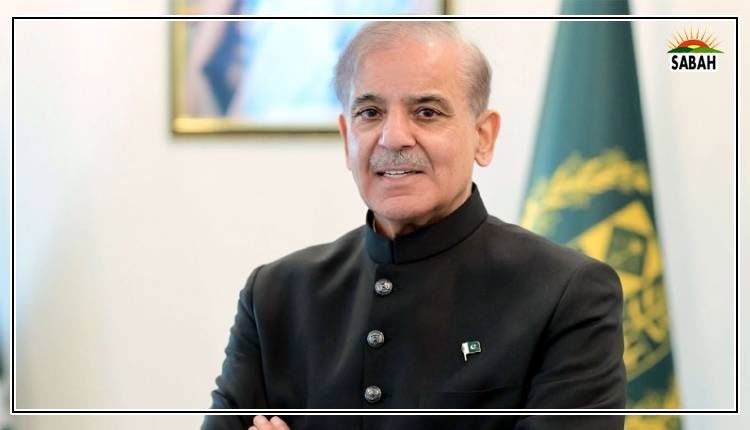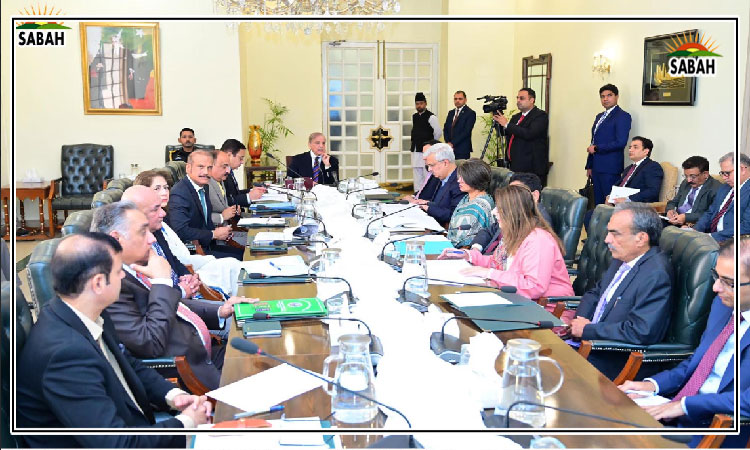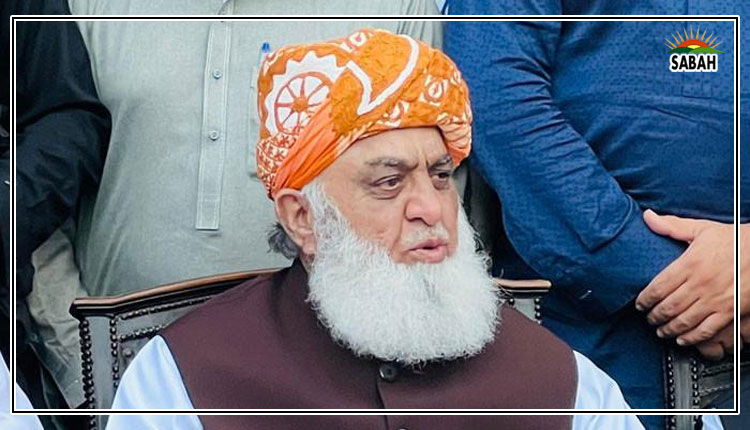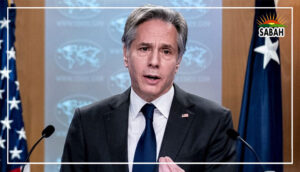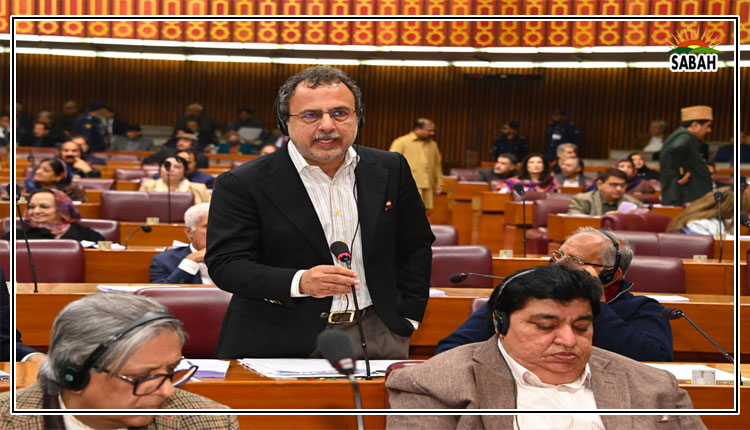Meet the press…Muna Khan
I KNOW what happened with the forced interviews that recently ran on TV. I know the circumstances that led to them, what happened in the studio, who was/wasnt there and how they were aired. Trust me. Except you wont. Only my family will believe me and maybe whatever friends I have left, since many have crossed to the other side. They say the same about me. This is the price we pay for living in a polarised society.
Im sure the polarity has impacted you perhaps your family and friends circle no longer see eye to eye post-2013 election or the dharna(s) or the 2018 election or the vote of no-confidence. Theres been a shift somewhere in the last 10 years and the gulf between us and our loved ones has widened. Its hard to talk to the other side without it going nuclear within minutes. We are too attached to our own truths, a singular version of the truth somehow got buried with the rise of Big Tech and social media.
Trust in institutions has eroded, too. This includes the media a phrase which now encompasses TikTok influencers, TV anchors, vloggers etc. I think its time to make a clear distinction between the press and the media. The job of the press is to hold the powerful to account, not do their dirty bidding as weve seen these past few decades.
Social media users believe the strong-arm tactics currently on display in the form of forced televised interviews have destroyed press credibility. This suggests journalism was thriving under previous governments. The medias muted response to Reporters Sans Frontiers naming Imran Khan a press freedom predator in 2021 does not change how his government muzzled the press. The PTIs troll army vilified anyone who they labelled anti-army, anti-state and anti-Khan according to RSF. We know who has profited from the ghaddari labelling factory.
Trust in institutions has eroded. This includes the media.
Something has to give. Journalists may have crossed ethical lines in a bid to get higher ratings but now they seem to be crossing to a whole other side to curry favours with the powerful. Maybe they feel theres no choice since the news industry isnt doing well financially.
Just like I advocate for a rethink on political systems, Id like to advocate the same for the press. I revisited Paul Weavers News and the Culture of Lying: How Journalism Really Works, nearly 20 years after it was published to see if there were any lessons that could be applied today. His premise is that the news industry distorts the true nature of news events and twists audiences view of reality. The media creates an artificial sense of permanent emergency. The press reports the competing propaganda of the conflicting interests but largely neglects the substance of the issue in conflict.
He called for the press to realign itself with its audience, not advertisers and to report on matters of public interest, not crisis-oriented ones.
How did the media veer from its style of reporting on government matters?
Joseph Pulitzer is often credited as creating a template of the modern newspaper after he bought New York World in 1883. Prior to that, stories about government action read like minutes of a board meeting, wrote the Harvard Business Review. Pulitzer changed it by turning news articles into stories with a plot, actors in conflict, and colourful details. He added drama with blaring headlines, big pictures and eye-catching graphics. Journalism thus became emotional rather than rational, immediate rather than considered, and sensational rather than informative. But it also made his paper successful and others followed suit.
The press became a stage on which the actions of government were a series of dramas, wrote the Harvard Business Review. The demand has risen with digital media and then social media which publishes/ disseminates the news but not the truth. Or the truth as it sees it.
We know the press has the power to change perceptions but things get murky when drama-driven perceptions are presented as reality. I believe more people see through it now and it explains why they dont trust the news industry, or the government or other institutions. Since 2010, trust in the Pakistani medias integrity and honesty has decreased by 15 per cent reported Gallup Pakistan in July 2022.
Weaver said the press failure is that it has become a victim of the man-bites-dog syndrome. His remedy was for journalists to cover less politics, more substance; less on personalities, more on institutions. So much has changed in the way we disseminate and consume news since he wrote this book but his advice is relevant today. A reorientation to practising the values of journalism will help bring audiences back to the press, which needs to show it is more than capable to report on the real world.
Courtesy Dawn


